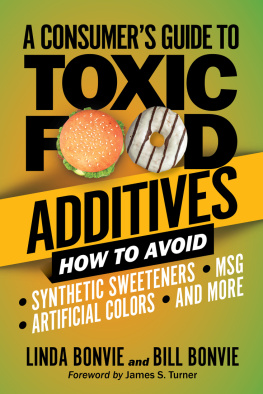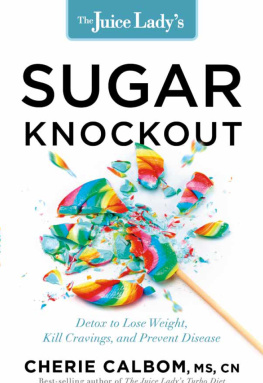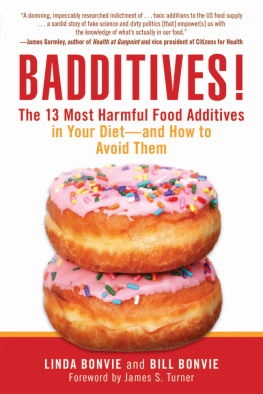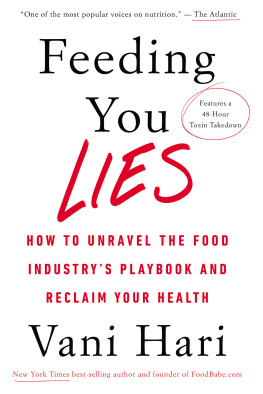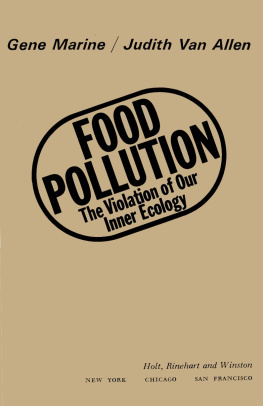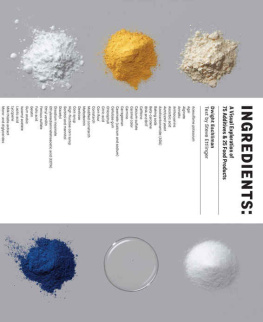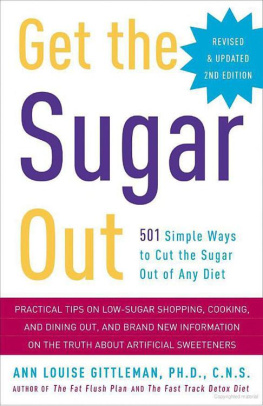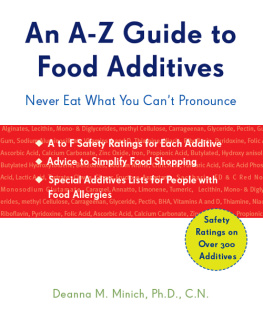
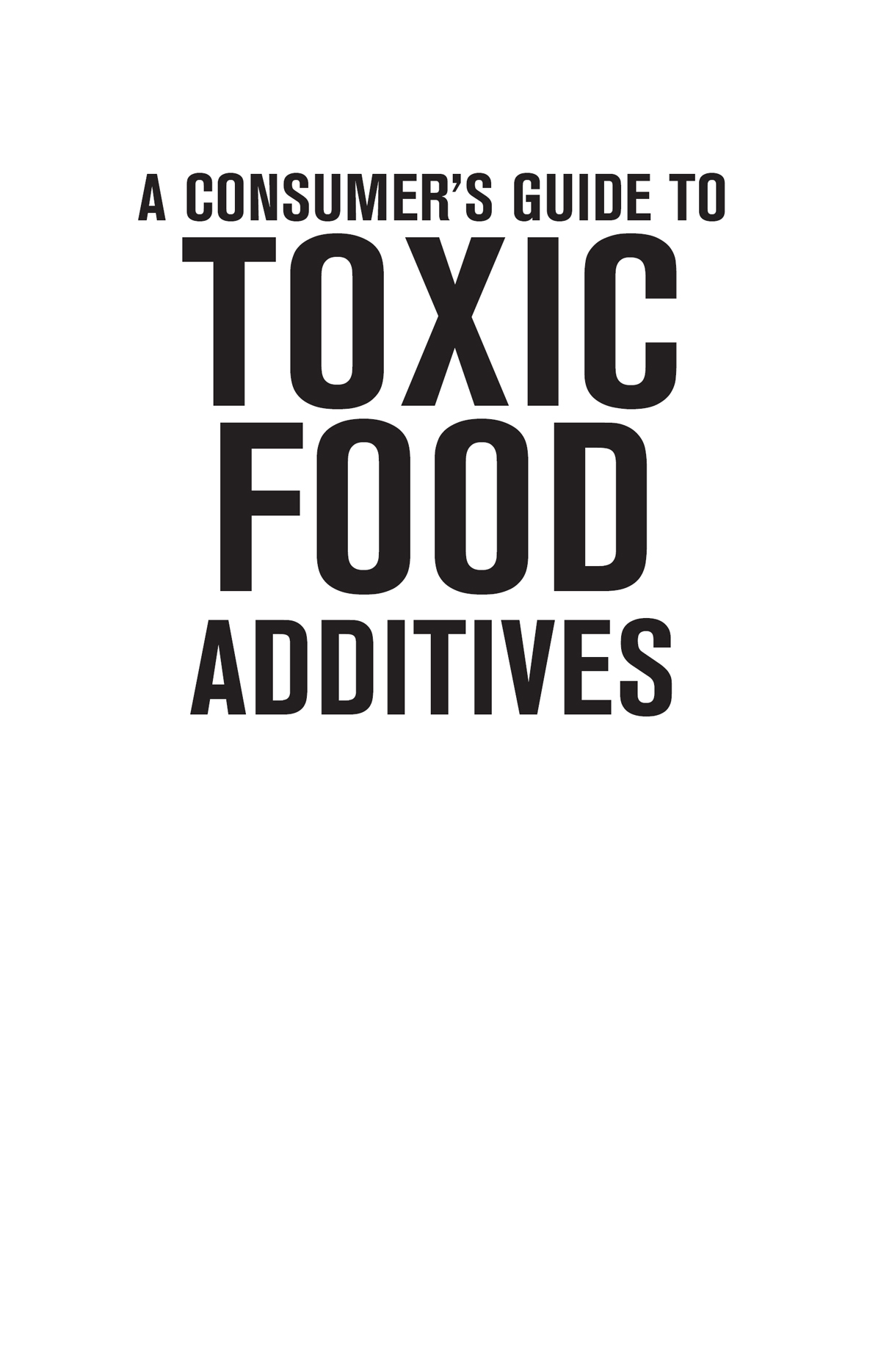

Copyright 2017, 2020 by Linda Bonvie and Bill Bonvie
Previously published under the title Baddatives!
All rights reserved. No part of this book may be reproduced in any manner without the express written consent of the publisher, except in the case of brief excerpts in critical reviews or articles. All inquiries should be addressed to Skyhorse Publishing, 307 West 36th Street, 11th Floor, New York, NY 10018.
Skyhorse Publishing books may be purchased in bulk at special discounts for sales promotion, corporate gifts, fund-raising, or educational purposes. Special editions can also be created to specifications. For details, contact the Special Sales Department, Skyhorse Publishing, 307 West 36th Street, 11th Floor, New York, NY 10018 or .
Skyhorse and Skyhorse Publishing are registered trademarks of Skyhorse Publishing, Inc., a Delaware corporation.
Visit our website at www.skyhorsepublishing.com.
10 9 8 7 6 5 4 3 2 1
Library of Congress Cataloging-in-Publication Data is available on file.
Cover design by 5mediadesign
Cover photo credit: iStock
Print ISBN: 978-1-5107-5376-1
Ebook ISBN: 978-1-5107-5377-8
Printed in the United States of America
TABLE OF CONTENTS
FOREWORD
Journalists Linda and Bill Bonvie have been on the food beat for a number of yearsmost recently as the writers of twice-weekly articles for Citizens for Healths blog Food Identity Theft from 2010 to 2015.
Their articles laid out in detail the debasing of the American food supply, for example, by manufacturers using industrial sweeteners such as high fructose corn syrup (HFCS), flavor enhancers like monosodium glutamate, and other brain-damaging excitotoxins and artery-clogging trans fats, all of which have been directly linked to the unprecedented health problems that now plague our society.
The articles formed the basis for this book, which zeroes in on the worst of the unnatural substances currently found in processed foods, how they got there, and the ways in which they impact our health (beginning with the first of the alphabetically ordered chapters, which reveals links between aluminum and Alzheimers disease).
Such ingredients give mechanized foods false color, taste, texture, and stability. Without them most of such processed products would taste bland and appear pale, limp, and inert. Various performance-enhancing chemicals, however, can turn these pasty, unappealing, nutrition-deficient discharges from processing machines into the brightly colored, happy-tasting, feel-good stuff we put into our mouths and call food. They carry real risks, as do other substances covered in the following pages, such as GMOs and fluoride, that adulterate our food for even more devious reasons. Along with chronicling how these ingredients came to be accepted by federal regulators, the authors advise you on how to banish them from your diet and thus avoid the pitfalls of the easy, lazy, incurious shopping habits that Big Food encourages.
The industrialization of food has resulted in poor-quality and inherently dangerous products, whose seemingly low prices ultimately translate into much higher healthcare costs. The steady rise of the sale of high fructose corn syrup, for instance, tracks almost exactly the rise of obesity and diabetes in America. In the year following the FDAs politically-engineered approval of the sweetener aspartame (marketed as Equal and NutraSweet), the number of deadly brain tumors rose by 10 percent, reflecting what happened in laboratories when it was fed to test animals. Such have been the results of casual consumption of these and other substances covered in this book.
The decline of true taste for food is the beginning of a decline in a national culture as a whole. When people have lost their authentic personal taste, they lose their personality and become the instruments of other peoples wills. So said the poet Robert Graves. What this book reveals are the ways in which our declining true taste for food have gradually eroded our own will and substituted in its place that of corporate interests. Each of the chapters tells a story of how the goals of making moneyand, in some cases, protecting the credibility of regulatory agencies and even shielding a government program from liabilityhave superseded the original purpose of providing people with nutritious food.
Since 1970, the year I finished my first book, The Chemical Feast: The Nader Report on Food Protection at the FDA , the American eating experience has become both better and worse.
On one hand, food manufacturers annually spend billions lobbying for labeling, quality, and safety loopholes in laws and regulations, inundating consumers with false and misleading advertising, and manipulating science to support their profiteering practices. Some of their best and brightest employees work sixty-hour weeks to pass off prettified sludge as healthy food, industrial ooze as sugar, ammonia-treated beef scraps as meat, and adulterated, empty-calorie snacks as sources of nutrition. Food and chemical companies also block consumers from knowing about the presence in their food of genetically modified organisms (GMOs) and cancer-causing bovine growth hormone (rBGH), as well as industrial waste added to water and disguised as a beneficial substance (fluoride). They block, distort, ridicule, and vilify all research that raises even the slightest question about these practices and their lucrative and fanciful food quality and safety claims.
On the other hand, since 1970, a number of reforms and developments have increased our ability to find safer and more nutritious foods. Among them were the Nutrition Labeling and Education Act (NLEA), which abolished the FDAs ban on health claims for food, providing a somewhat better path to quality food advertising, and the Organic Food Production Act, which established rules for a parallel quality food system that has since established a substantial presence in conventional food outlets. The Dietary Supplement Health and Education Act (DSHEA) has also recognized and empowered a supplement market for nutrition lost during manufacturing, and the demand for locally grown food has surged.
The outlines of the struggle to preserve real food in the face of industrialized methods of production will soon become apparent to the reader of this book. The first great food revolution came with the invention of agriculture, followed many centuries later by the Industrial Revolutions attempts to tame and harness agricultural production. Currently, we find ourselves in the midst of what the late futurist Alvin Toffler called the Third Wave information revolution. The challenge faced by todays consumers is to use the information that revolution has made available to them in choosing the best and healthiest products on the market and rejecting those that have resulted in obesity, illness, and premature death.
However, make no mistakethe food additive/chemical/pharmaceutical industries are working tirelessly on a daily basis to block every effort to help consumers make the wisest choices for their families and their communities. A Consumers Guide to Toxic Food Additives can be a powerful tool in your own struggle to escape being the instruments of other peoples wills. Read it before your next trip the supermarketand use it to bolster your power to achieve personal freedom and health.
Next page
